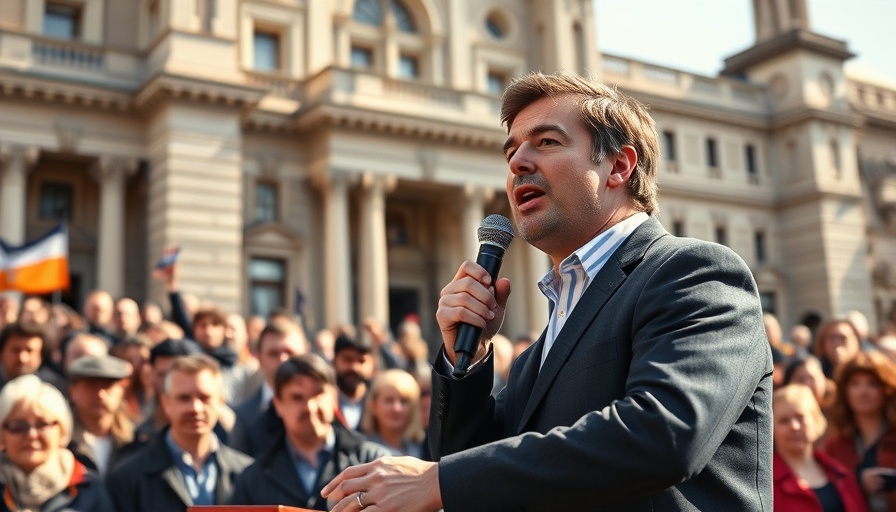
Introduction: The Fight Over the Big Beautiful Bill
As Pennsylvania enters a crucial budget season, tensions are escalating between state Democrats and Republicans. The focus is squarely on the "Big, Beautiful Bill," a GOP proposal championed by former President Donald Trump that promises substantial spending cuts, particularly to entitlement programs. These cuts could have profound implications for many residents across the state, impacting access to vital services like Medicaid and food assistance.
The Stakes: What’s at Risk for Pennsylvanians?
During a recent press conference outside the Pennsylvania Capitol, Democratic leaders warned of the severe consequences that the bill would impose. Senate Minority Leader Jay Costa (D-Allegheny) emphasized the potential hardship that cuts to Medicaid and other programs could unleash on the state's vulnerable populations. Many families rely on these programs for essential health care and food support, and the proposed changes threaten not only their finances but their overall well-being.
Context: Understanding the Big Beautiful Bill
The "Big, Beautiful Bill" seeks to renew Trump-era tax cuts while slashing approximately $600 billion from Medicaid over the next decade. Additionally, it imposes new work requirements for those utilizing the program. With nearly 3 million Pennsylvanians currently on Medicaid, the repercussions of these cuts could result in over half a million losing access to health care. Such a loss would exacerbate existing inequalities and place pressure on state resources as vulnerable populations seek aid.
Potential Impacts: Medicaid and Food Assistance Cuts
Democratic lawmakers have raised alarms about the bill’s provisions. With the state lacking sufficient funds to cover the losses from federal cuts, there is a real fear that the most affected citizens—those relying on government assistance for health care and nutrition—will face dire consequences. Reports suggest that up to tens of thousands of Pennsylvanians could be pushed to the brink of food insecurity, emphasizing the bitter irony of a bill that promises to be "beautiful" while it threatens the welfare of so many.
Current Political Landscape: A Divisive Landscape
At the core of this political divide lies a fundamental disagreement about the role of government in providing for its citizens. Republicans argue that the cuts are necessary for fiscal responsibility, but Democratic leaders insist that the long-term impacts on the state's most vulnerable citizens outweigh short-term fiscal considerations. This classic clash of ideologies is evident as both sides gear up for heated negotiations in Harrisburg.
Future Implications: What Lies Ahead for Pennsylvania?
As the negotiations progress, it’s essential for residents to remain informed. The outcome of this debate will shape not only the immediate financial landscape but also the long-term social safety nets in Pennsylvania. If Democrats are successful in rallying public opposition to the bill, there may be a shift in Republican strategy or policy redesigns that prioritize the needs of residents over political agendas.
Take Action: The Power of Public Opinion
Public involvement can significantly influence legislative outcomes. Residents of Pennsylvania are encouraged to voice their opinions on the proposed cuts. Engaging with local representatives can help highlight the potential negative effects on everyday lives and demonstrate a unified stance against detrimental changes to vital programs.
Conclusion: Understanding the Bigger Picture
The debate surrounding the "Big, Beautiful Bill" serves as a crucial reminder of the impact fiscal policy has on the lives of citizens. Understanding these intricacies is vital as we move forward into an uncertain budgetary environment. By remaining informed and engaged, Pennsylvanians can play a critical role in advocating for policies that serve the best interests of all.
 Add Row
Add Row  Add
Add 




 Add Row
Add Row  Add
Add 

Write A Comment